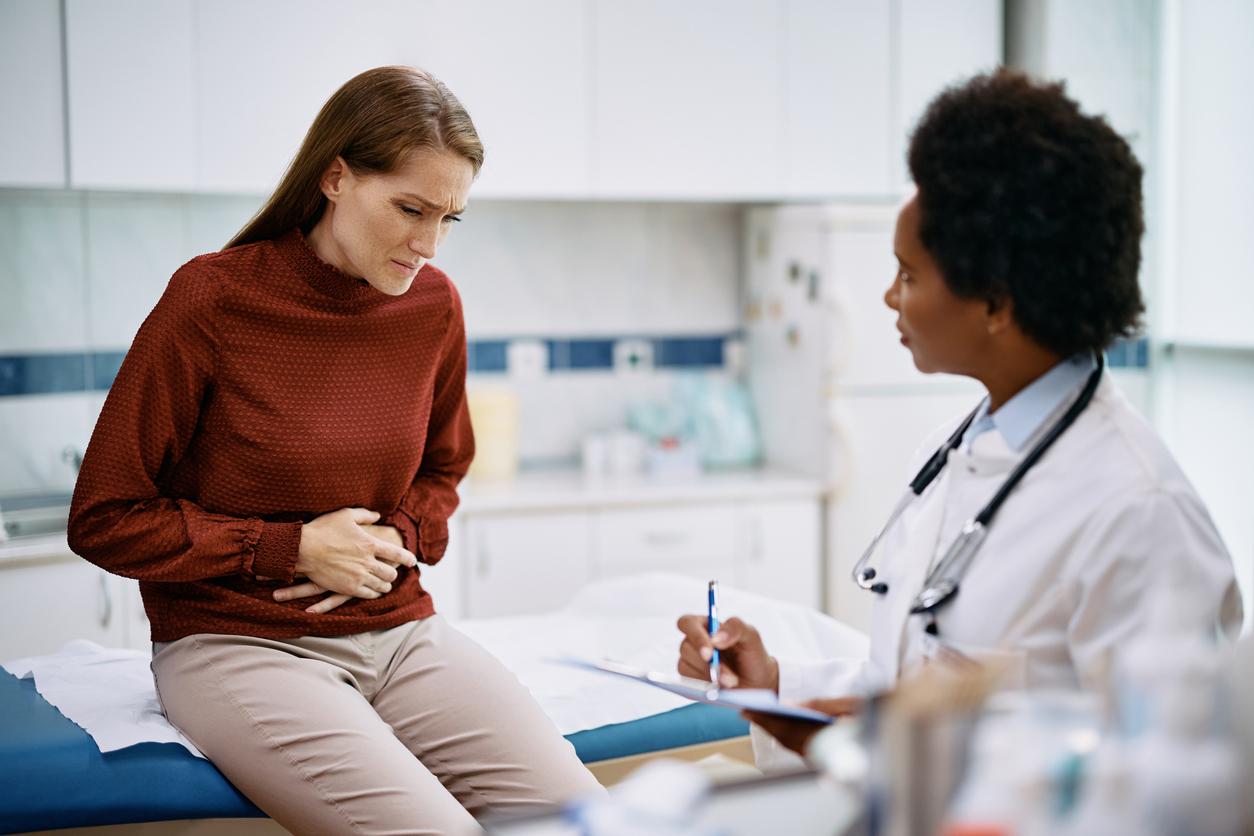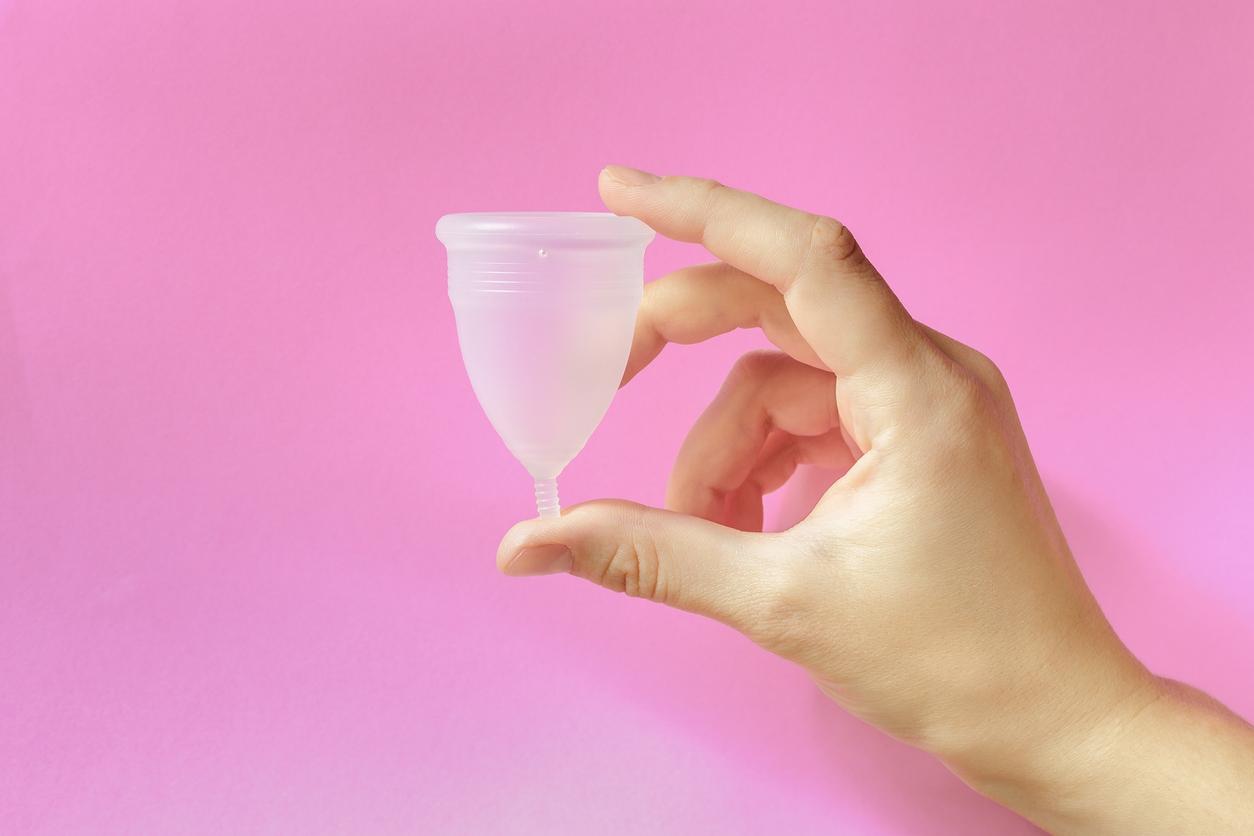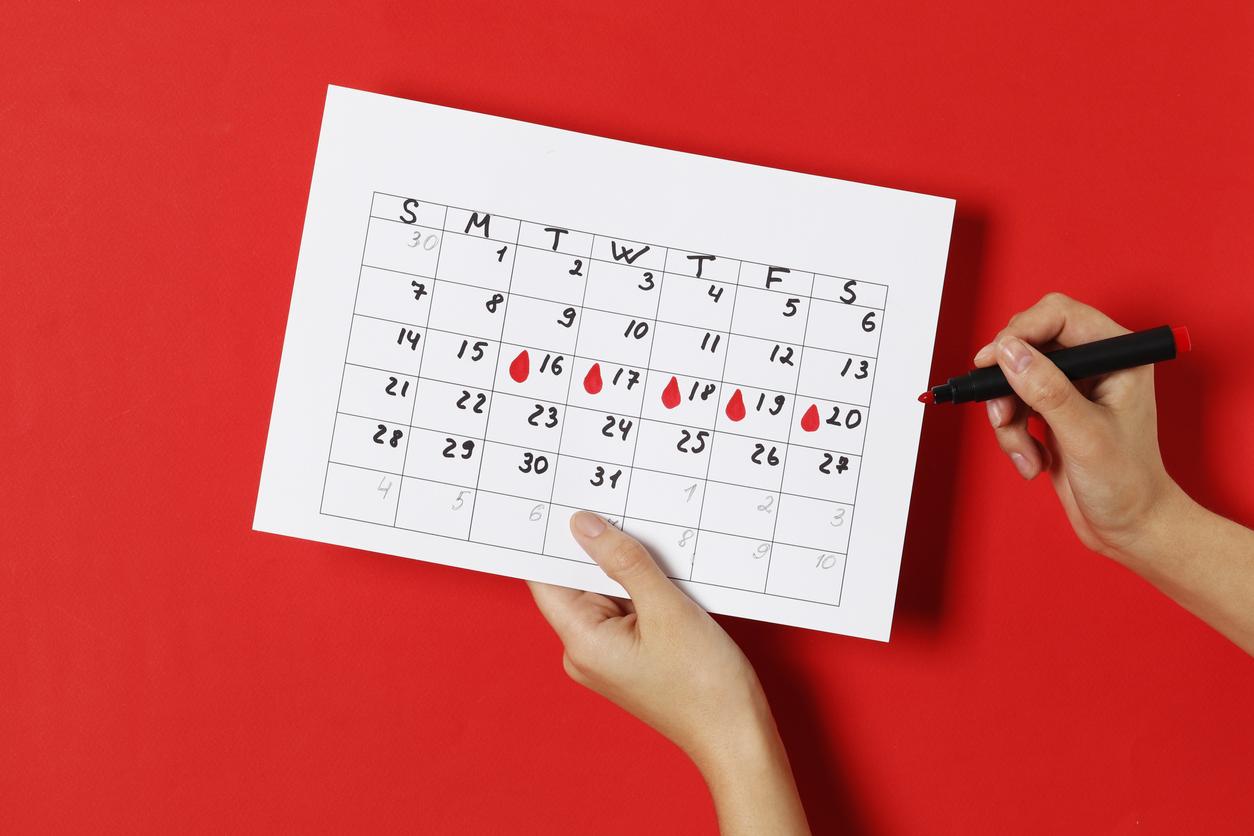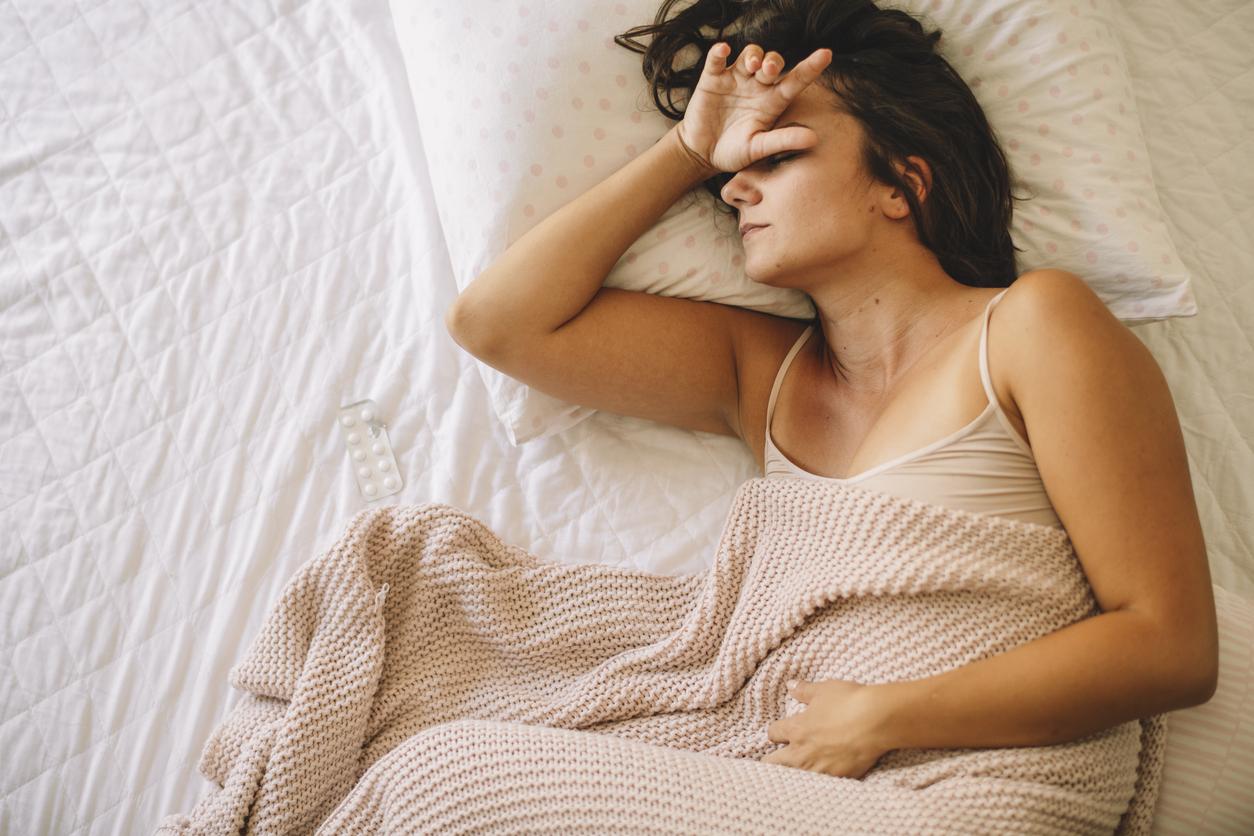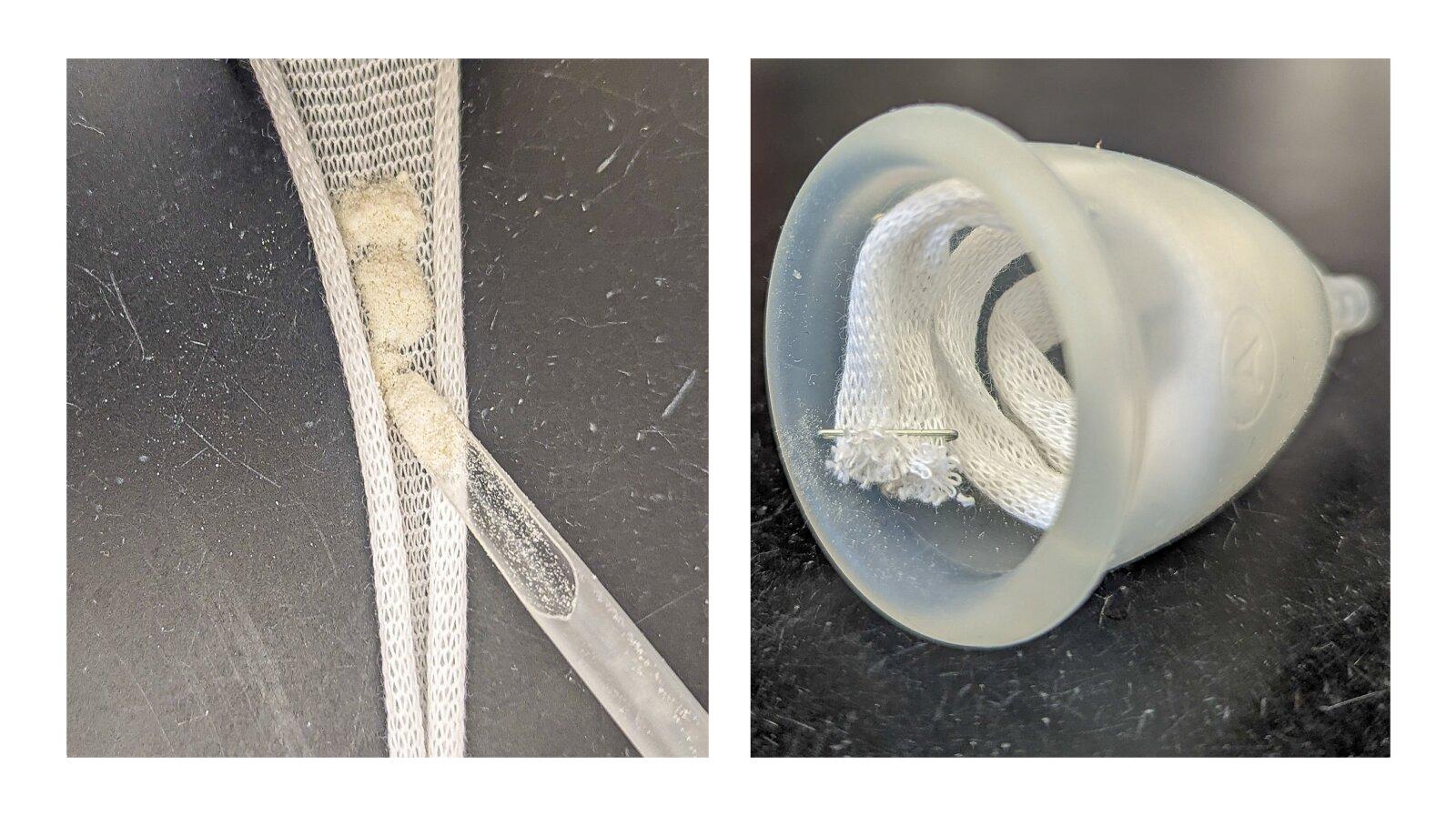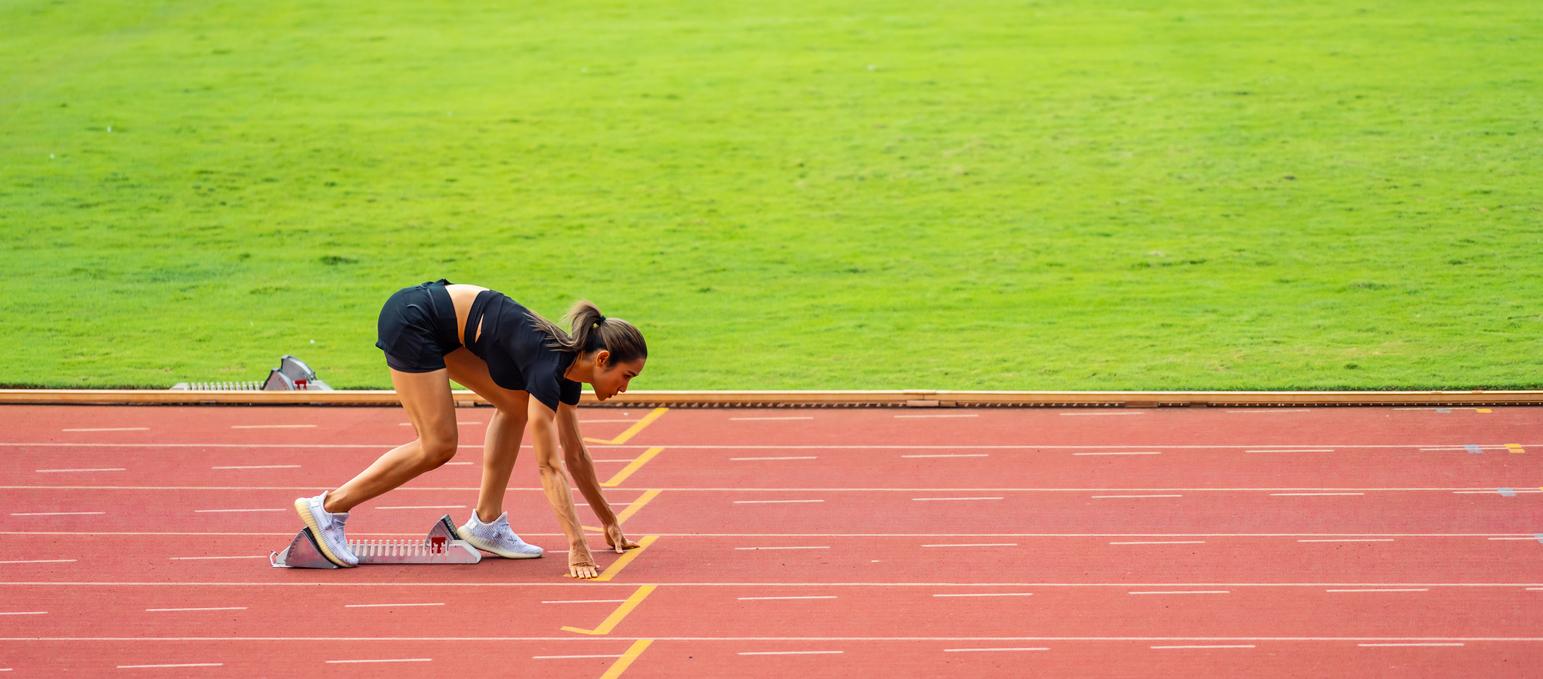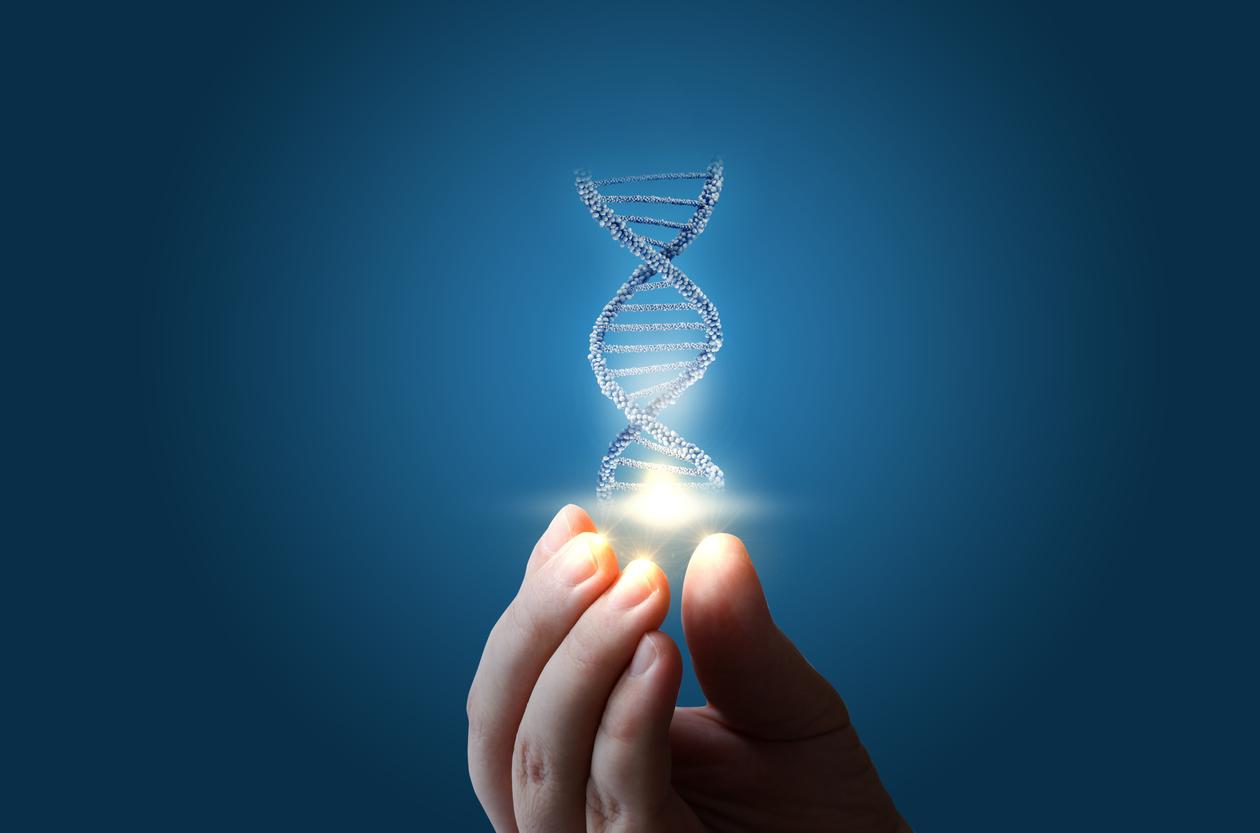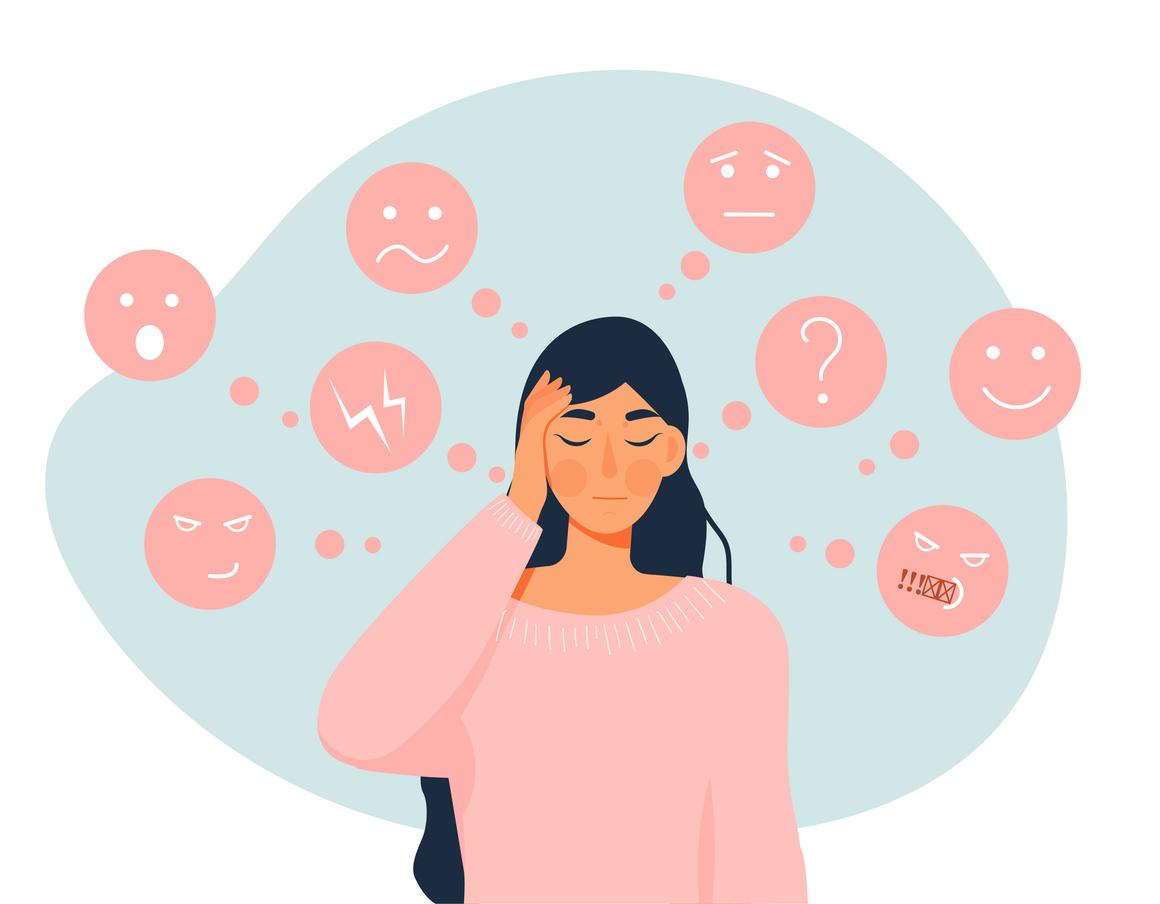
Self-testing is becoming the norm
Do you have a positive result from a self-test? Then from today you no longer have to go to the GGD to be tested with a PCR test to check whether you are really infected with the coronavirus. But what about healthcare workers and vulnerable people? And do you still have to go into isolation with a positive self-test? These are the new rules.
As of today, the PCR test will be replaced by a self-test for a large part of society. You no longer have to go to the GGD to confirm the positive result of your self-test with a PCR test. However, a test at the GGD is still possible for healthcare personnel and vulnerable people who are unable to perform a self-test. If you go on holiday abroad, a GGD test will still be available to get a proof of recovery.
The government recommends that you adhere to the following general advice:
- Follow the basic advice:
- wash your hands
- cough and sneeze into your elbow
- stay home with complaints and take a test
- provide plenty of fresh air and get a vaccine, booster or repeat shot
- Do a self-test in case of complaints.
- Stay home after a positive test.
Isolation and self-care advice
Self-testing is therefore becoming the norm. Do you have a positive result from your self-test? Then, according to the Ministry of Health, it remains necessary to go into isolation. The current insulation rules depend on your situation: whether you have a positive test result with or without symptoms. You will remain in isolation for a minimum of five to a maximum of ten days. There will be another ‘self-care advice’ that states exactly what you (or someone close to you) should do if you test positive.
The new rules are in line with the long-term strategy for corona drawn up by the cabinet in which the responsibility is placed more with the citizens.
Sources):








